As businesses seek to enhance customer experiences and streamline operations, Conversational AI voice agents have emerged as a cutting-edge solution. These agents combine the rapid advancements in AI technology with natural language processing to transform customer interactions across various sectors. This guide delves deep into the world of conversational AI voice agents, explaining their functionality, benefits, and the critical role they play in modern customer service.
What is Conversational AI?
Conversational AI refers to the use of AI agents that operate like virtual assistants to automate communication and create real-time interactions with users. Conversational AI leverages advanced AI-powered techniques, including generative AI and deep learning, to understand and respond to user queries with a high degree of personalization. This technology powers various applications, from virtual assistants on smartphones to sophisticated virtual receptionists that can handle calls without human oversight.
What are Conversational AI Voice Agents?
Conversational AI voice agents are advanced software systems designed to engage in dialogue using natural human speech. These virtual agents utilize artificial intelligence to function as virtual receptionists, handling phone calls, voice messaging, and customer queries efficiently, mimicking human interactions to provide assistance, information, and service support. These agents work autonomously and are widely integrated into customer service workflows, virtual assistants, and interactive voice response systems, significantly enhancing user experience and operational efficiency across various industries.
Chatbots vs. AI Agents: Differences
While often used interchangeably, chatbots and AI agents have distinct functionalities and applications. AI chatbots are automated programs that interact with users through predetermined responses. They operate based on a set of rules and a limited decision-tree approach, making them suitable for straightforward tasks like answering FAQs or guiding website navigation. AI Agents, on the other hand, represent a more advanced integration of AI. They not only handle predefined responses but also generate new responses and learn autonomously from each interaction. This ability to process and adapt in real-time to conversational nuances allows AI agents to manage complex and unpredictable dialogues, making them invaluable in dynamic settings like live customer support or interactive voice response systems.
How Do Conversational AI Voice Agents Work?
At the core of these agents are technologies like speech to text and text to speech, which convert spoken language into written text and vice versa, enabling voice agents to conduct phone calls and handle voice commands. Coupled with natural language processing (NLP) and machine learning algorithms, these agents can analyze speech, interpret user needs, and provide appropriate responses. Over time, they adapt to user preferences and improve their conversational abilities. Large language models (LLMs) are also utilized to enhance the understanding and generation of complex dialogues, making interactions more natural and context-aware.
Benefits of Using Conversational AI Voice Agents
The adoption of AI voice agents is changing the way businesses interact with customers, streamlining communications and enhancing service delivery across industries. Some of the benefits of conversational AI include:
- Enhanced Customer Experience: AI voice agents provide 24/7 customer support, reducing wait times and delivering consistent service quality.
- Increased Efficiency: Automation of routine inquiries and tasks frees up human agents to focus on complex issues, thereby improving the efficiency of call centers and contact centers.
- Scalability: AI solutions can handle a large volume of interactions simultaneously without the need to scale human resources proportionally.
- Reduced Latency: AI voice agents are designed to process and respond to queries with minimal delay, ensuring a fluid conversation flow.
Use Cases of Conversational AI Voice Agents
The deployment and use cases of conversational AI voice agents span across multiple industries, revolutionizing traditional business processes and customer interaction models. These sophisticated systems, equipped with the ability to understand and generate human-like responses, are transforming service delivery, enhancing operational efficiency, and improving customer satisfaction. Here are some specific sectors where these agents are making significant impacts:
Conversational AI Voice Agents for Healthcare
AI voice agents streamline appointment scheduling and manage routine inquiries in healthcare, ensuring compliance with privacy regulations like HIPAA. This efficiency allows medical staff to focus on more critical care tasks while maintaining patient data security.
Conversational AI Voice Agents for Retail and E-Commerce
In retail, AI voice agents personalize shopping experiences by providing tailored recommendations based on customer data. They handle product inquiries and order status, enhancing customer satisfaction and fostering brand loyalty.
Conversational AI Voice Agents for Banking and Financial Services
AI voice agents in finance facilitate transactions and handle inquiries, reducing the need for in-person banking. They enhance security with fraud detection capabilities and seamless integration with banking apps.
Conversational AI Voice Agents for Customer Support
AI voice agents in customer support manage calls and messages efficiently, improving issue resolution and customer satisfaction. By automating initial interactions, they allow human agents to focus on more complex cases.
Conversational AI Voice Agents for Hospitality and Travel
AI agents in travel assist with bookings and provide real-time updates, making travel smoother and more enjoyable. Their 24/7 availability is invaluable for international travelers across different time zones.
Conversational AI Voice Agents for Education
AI voice agents in education handle administrative inquiries and provide accessible educational content through voice commands. This technology enhances both learning experiences and administrative efficiency.
Conversational AI Voice Agents for Telecommunications
AI voice agents improve the efficiency of telecom call centers by automating call handling and inquiry management. This not only reduces wait times but also enhances the accuracy of routing calls to appropriate agents.
How to Choose a Conversational AI Platform
Selecting the right conversational AI platform is crucial for businesses aiming to enhance their customer interaction and service automation. This decision requires careful consideration of several key factors including:
- Integration: The conversational AI platform should easily integrate with existing ecosystems such as CRM and contact centers to leverage the existing knowledge base and data insights.
- Customization: The conversational AI platform should offer extensive customization options to tailor the AI's responses and capabilities according to specific customer needs and business requirements.
- Security and Compliance: The conversational AI platform should adhere to industry standards and regulations, particularly in sensitive sectors like healthcare and finance.
- Scalability: Ensure the conversational AI voice platform can handle increasing volumes of interactions without degrading performance, and can scale up as your business grows.
- Language and Multilingual Support: The conversational AI platform should support multiple languages if you serve a global customer base, allowing seamless communication across different linguistic demographics.
- Continuous Learning and Adaptation: Choose a conversational AI voice agent platform that continuously learns and adapts based on user interactions, ensuring the AI remains effective over time and in changing conditions.
- Support and Development: Consider the level of technical and customer support provided by the platform provider, as well as the community and resources available for ongoing development and troubleshooting.
Building a Conversational AI Voice Agent
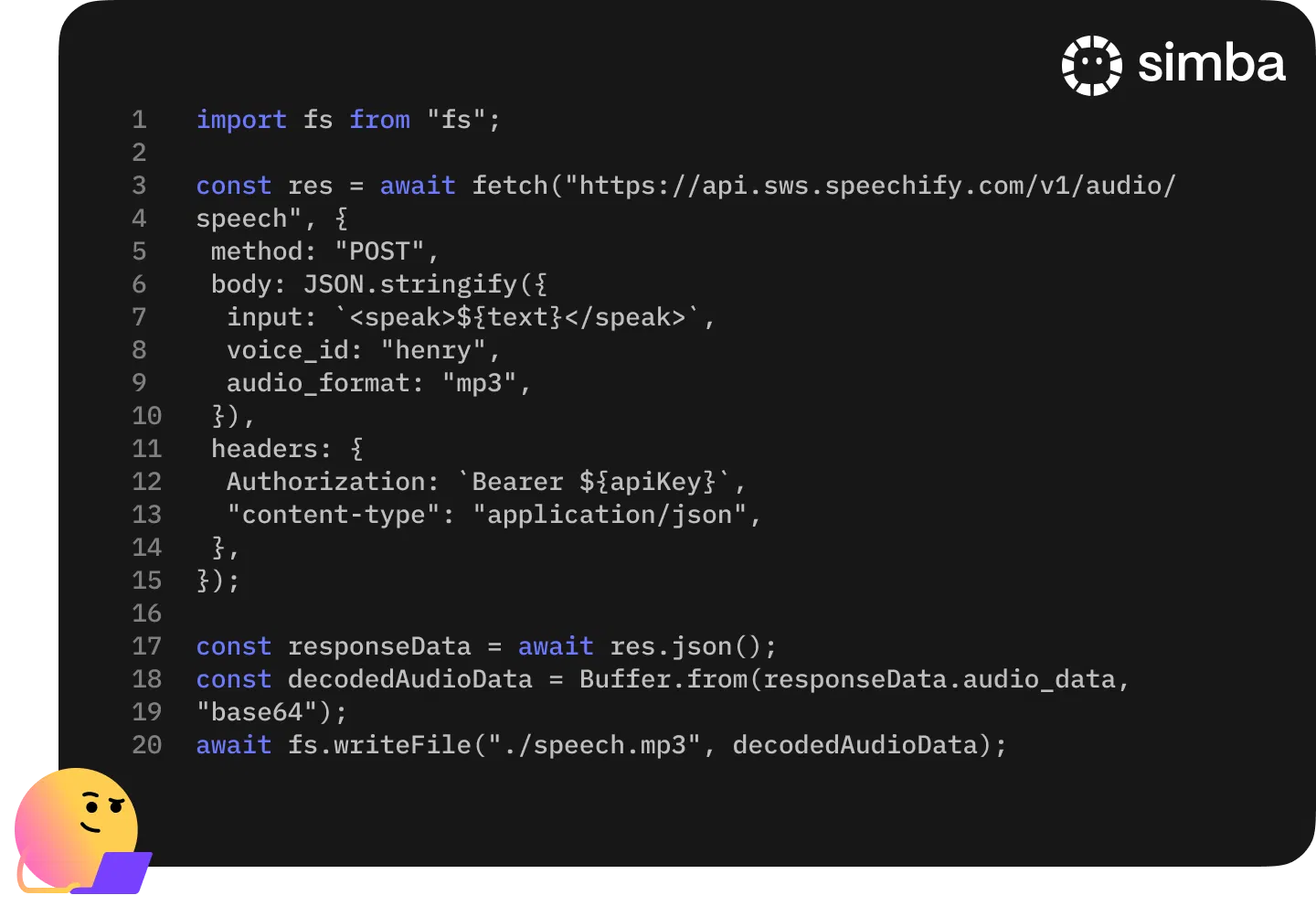
Having explored how conversational AI voice agents can enhance your business, why not consider developing your own custom AI voice agents? When implementing such AI solutions, selecting the appropriate text to speech (TTS) and voice API is essential to achieve high-quality, natural voice outputs. Speechify Text to Speech API is a top choice in the market. Here’s a quick overview of its features:
- Natural-Sounding Voices: Speechify Text to Speech API provides over 200 AI voices that are clear, expressive, and realistic.
- Emotional Range: Speechify Text to Speech API’s voices include a range of emotional tones such as energetic, warm, calm, direct, and more to help create more relatable and effective communication experiences.
- Customization: Developers can personalize Speechify's voices with adjustments in tone, pitch, and pace, tailoring the voice experiences to meet audience needs.
- Multilingual and Multidialect Support: Speechify Text to Speech API accommodates over 50 languages and dialects, including options for regional accents like Castilian Spanish and Mexican Spanish, which are ideal for worldwide use.
- Low Latency for Real-Time Applications: The AI voice API from Speechify ensures low latency, which is vital for the quick and effective generation of voice in real-time applications such as virtual assistants and smart devices.
- Custom Voices: With Speechify Text to Speech API, businesses can create custom voices and clone voices, allowing for the establishment of a distinctive voice identity.
AI Voice Agent Platforms
Another option when it comes to conversational AI voice agents is AI voice agent platforms that offer pre-made AI voice agents for various use cases. These offer less customization than building your own custom AI agents but let’s take a look at what they have to offer.
Tenyx
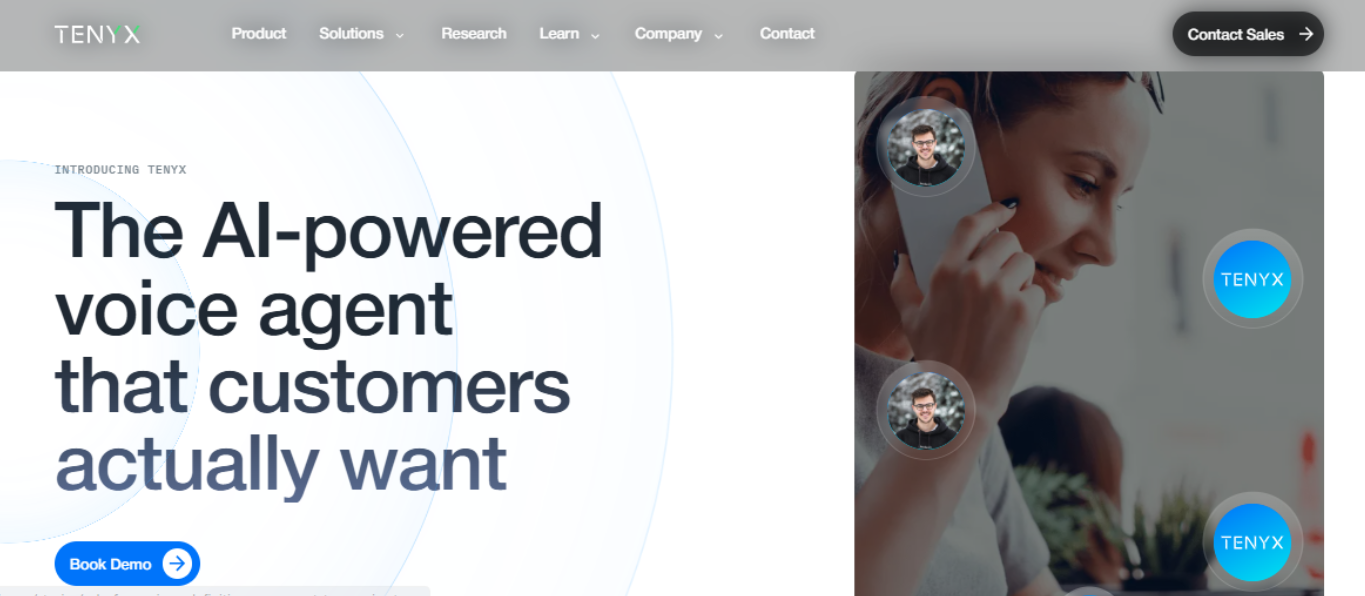
Tenyx, a prominent feature within Salesforce's AI arsenal, offers sophisticated AI voice agents. These agents conduct engaging, natural conversations, tailored to various industries, to enhance customer loyalty and satisfaction. With its strong conversational skills, seamless system integration, and scalable solutions, Tenyx excels in delivering personalized and efficient service in fields like e-commerce, healthcare, and travel.
Cognigy
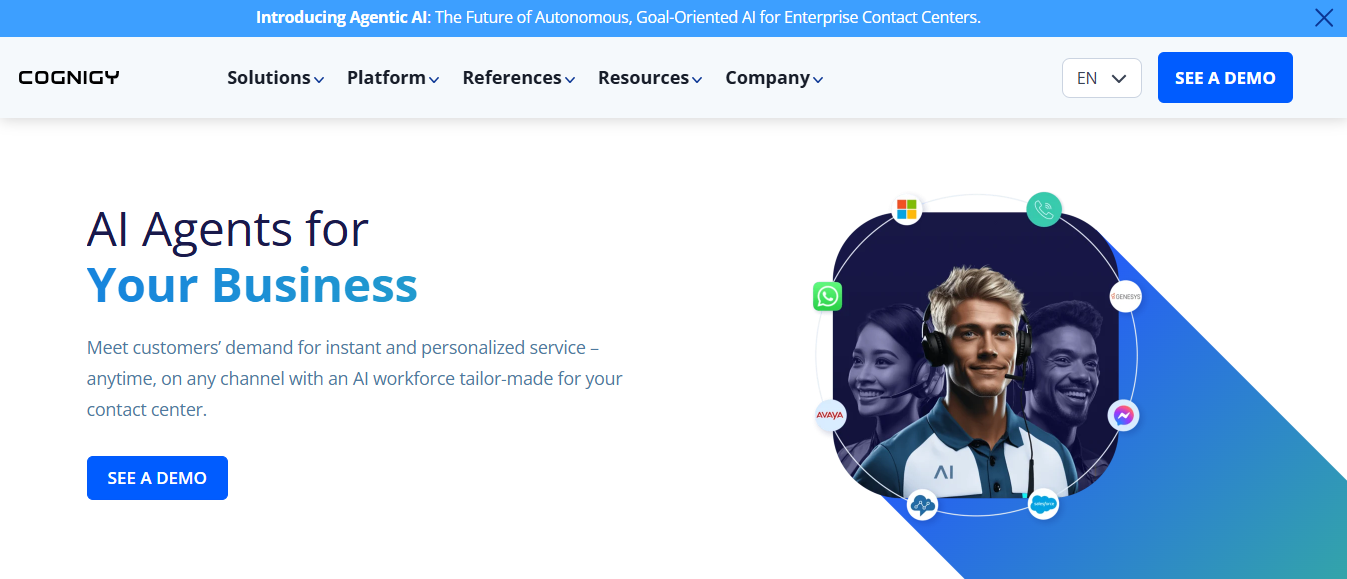
Cognigy’s voice AI agents are designed to conduct empathetic and effective phone conversations. These AI agents excel in understanding user intent and significantly enhance call routing accuracy and inquiry handling time. Cognigy's integration of conversational and routing intelligence in contact centers greatly improves customer journeys, enhances engagement, and supports the achievement of first-call resolutions.
SmartClose.ai
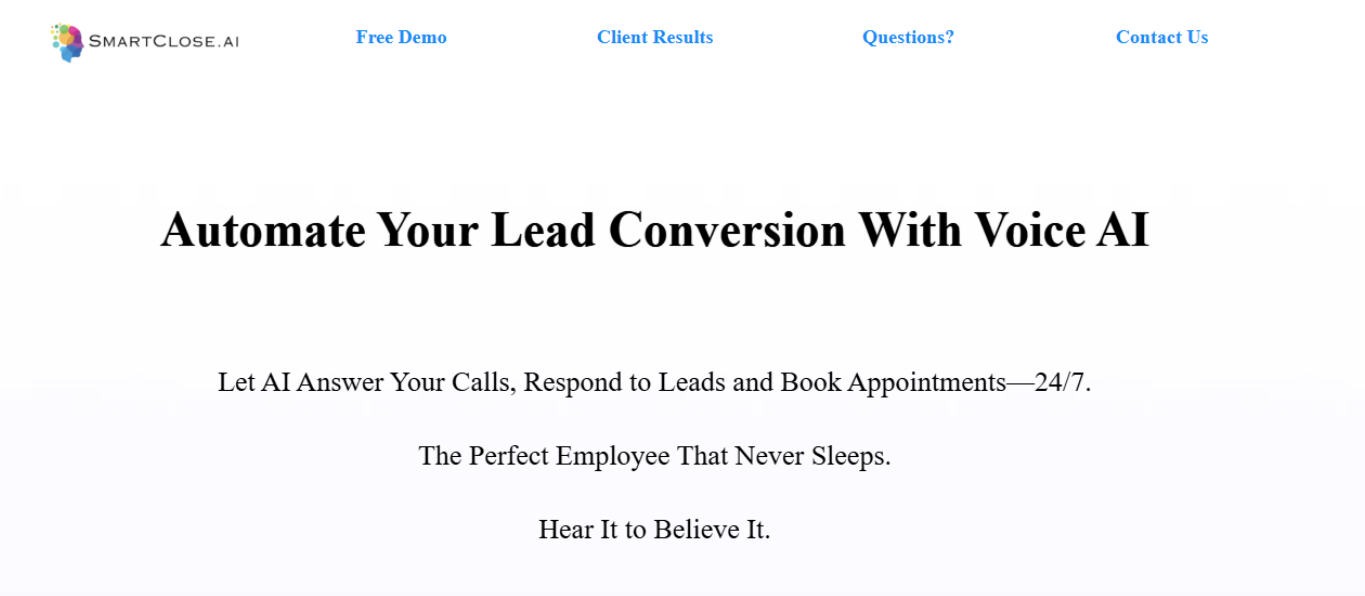
SmartClose utilizes AI agents to enhance customer service by automating routine tasks. Available 24/7, these agents efficiently manage appointment bookings and instantly respond to inquiries, which helps reduce no-shows and resolve scheduling conflicts. Particularly effective in sectors like real estate and hospitality, SmartClose.ai's solutions streamline customer engagement and boost operational efficiency.
PolyAI
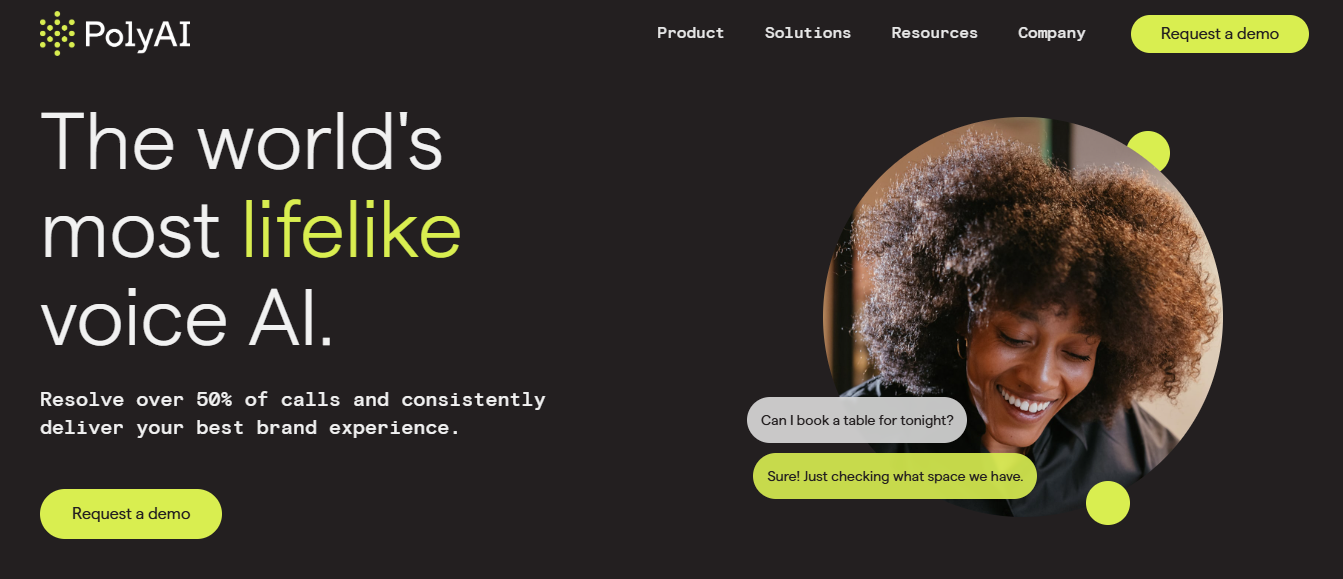
PolyAI specializes in AI voice assistants that handle customer inquiries with a natural and effective approach. By managing tasks such as answering FAQs, processing payments, and booking appointments, these agents provide continuous support and enhance customer satisfaction. PolyAI's voice assistants understand and respond to a wide range of accents and dialects, making interactions more personalized and accessible.
Hyro AI

Hyro AI leverages adaptive communication technologies to automate scheduling and customer support with its virtual assistants. By employing natural language processing and seamless integration, Hyro AI efficiently resolves routine inquiries and directs complex issues to human agents. Hyro AI's virtual assistants also continuously learn from interactions to improve accuracy and deliver more tailored responses, ensuring a constantly evolving and enhancing user experience.
SmartAction
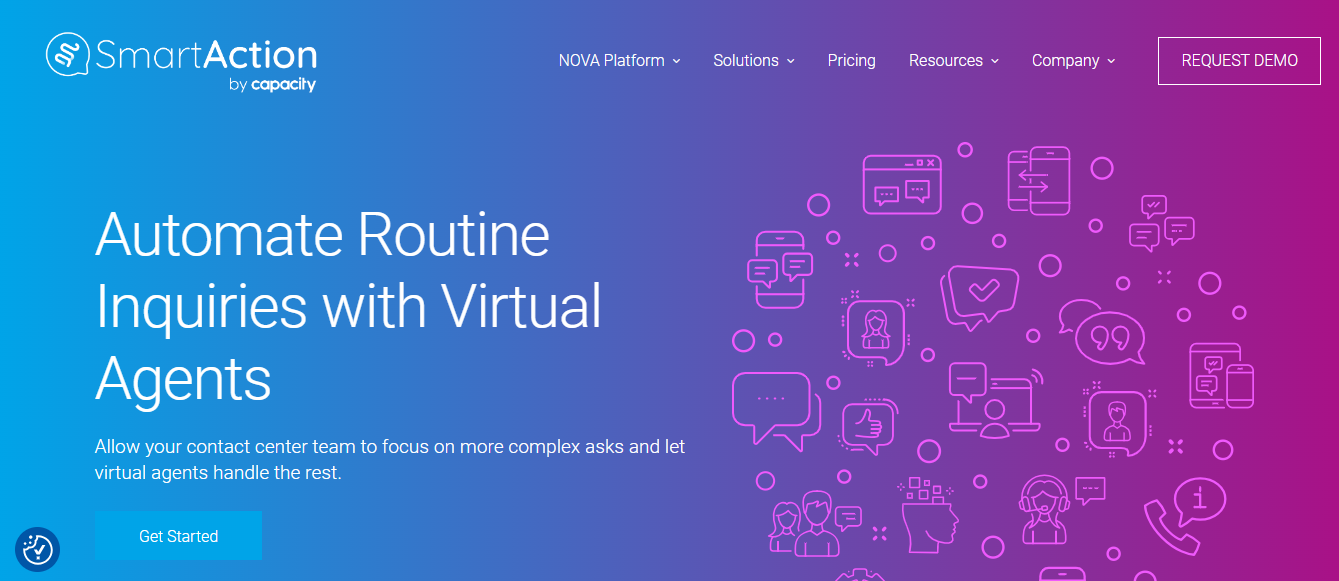
SmartAction AI Agents offer innovative solutions to streamline customer service processes using voice-enabled artificial intelligence technology. These AI agents are designed to handle a broad spectrum of tasks from simple requests like providing business hours and processing payments to more complex interactions such as troubleshooting technical issues or managing customer accounts. By integrating seamlessly with existing customer service systems, SmartAction AI Agents reduce wait times and improve the overall efficiency of service delivery.
Interactions LLC

Interactions LLC AI Agents specialize in delivering advanced conversational AI solutions designed to enhance customer engagement across various communication channels. These agents utilize a blend of artificial intelligence and human understanding to provide a highly sophisticated, natural interaction experience that can handle a wide range of customer service tasks, from answering FAQs to complex problem-solving.
Synthflow
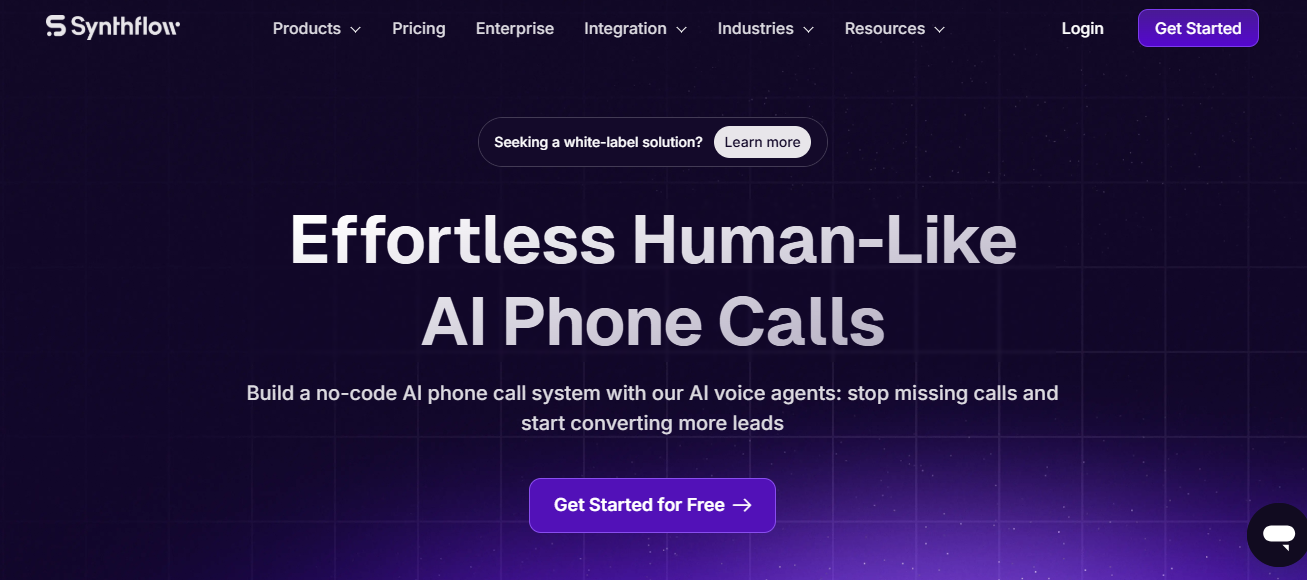
Synthflow AI offers a robust no-code platform for creating human-like AI voice assistants, designed to enhance customer engagement and streamline operations. The platform is particularly user-friendly, allowing even those without extensive technical skills to easily build and manage AI agents that can handle tasks such as making outbound calls, answering inbound calls, and scheduling appointments in real-time. It supports more than 20 languages and offers round-the-clock service.
Brilo AI
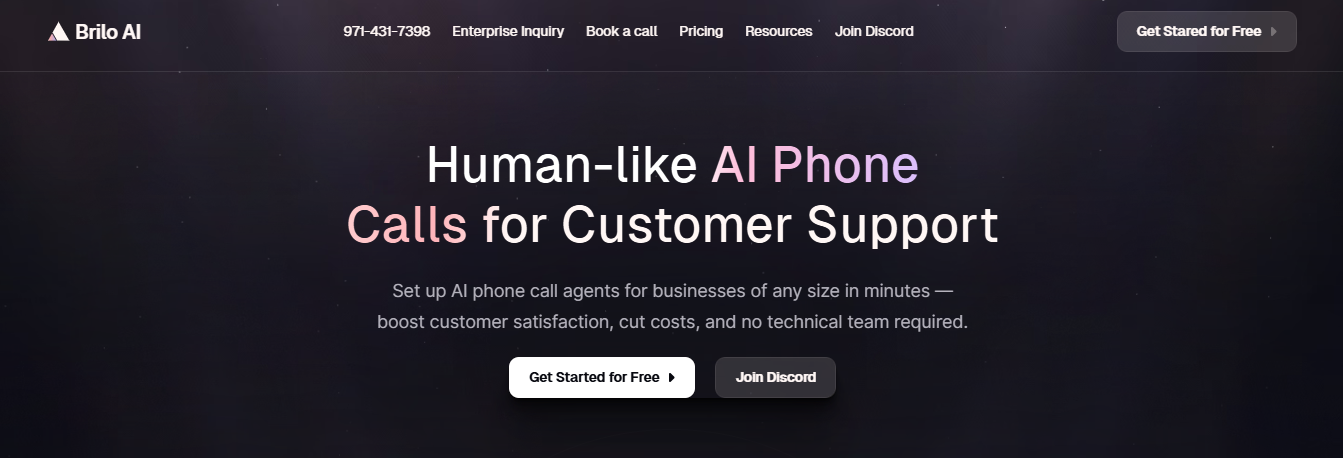
Brilo AI provides intelligent voice assistants equipped with real-time transcription and sentiment analysis to improve support and sales calls. Features such as live call transfer and handling interruptions enable effective management of high call volumes across multiple industries. Brilo AI's voice assistants also utilize advanced analytics to provide actionable insights into customer behaviors and preferences.
Calldesk
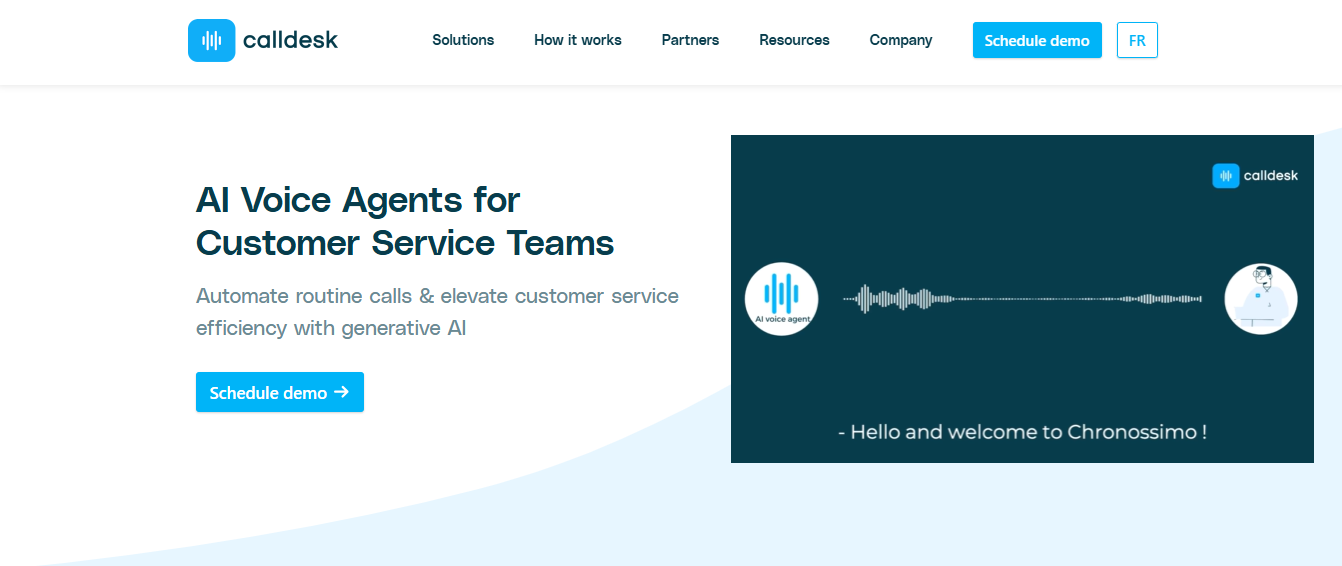
Calldesk's AI agents are notable for their high understanding rates, even in challenging scenarios involving accents or background noise, thanks to their state-of-the-art speech to text services. They support multi-language communication, making them suitable for global businesses. Additionally, the platform offers seamless handover capabilities, where the AI smoothly transitions to a human agent when it encounters a query it cannot handle, thus maintaining customer satisfaction.
Bland AI

Bland AI supports a range of business needs, from customer support to sales, by providing human-like voice agents that can handle high call volumes with low response times and customizable voice options. Its user-friendly design allows non-technical users to easily create and deploy AI agents, offering flexibility across various business functions. Additionally, Bland AI's integration capabilities make it compatible with existing business tools, enhancing its practicality and effectiveness in real-world applications.
Air.AI
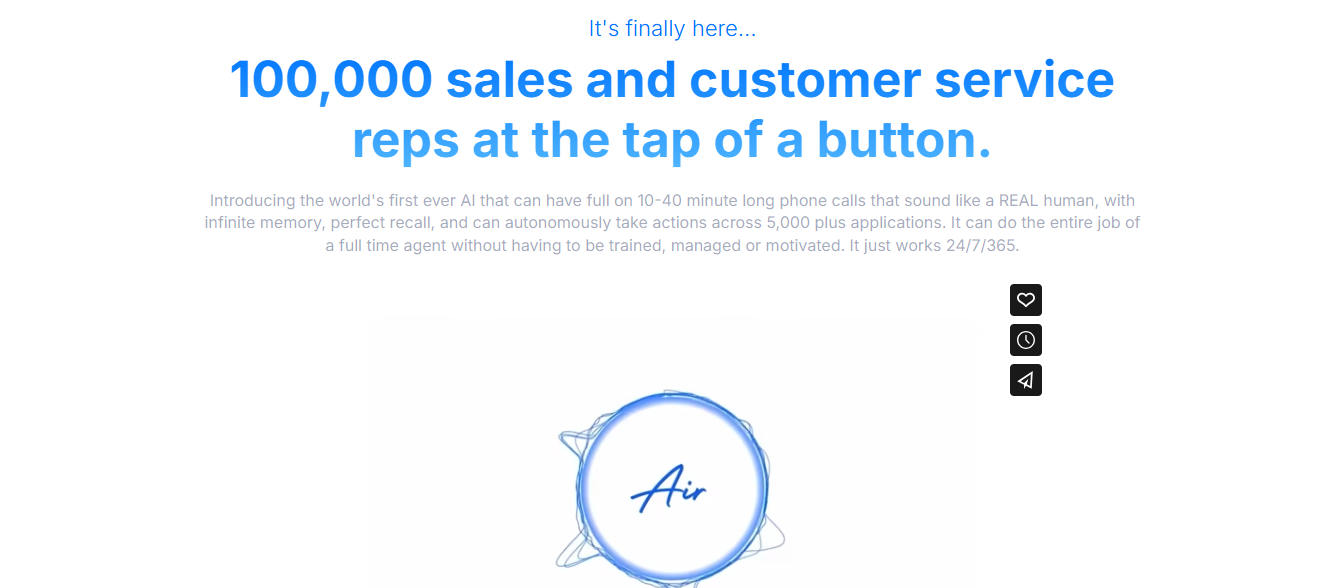
Air.AI’s AI agents are designed for autonomous operation, seamlessly adapting to a variety of business uses. A standout feature of Air.AI is its continuous, round-the-clock functionality, which enables it to efficiently handle both customer service and sales calls without interruption. This continuous operation makes Air.AI a valuable asset for businesses aiming to boost operational efficiency and improve customer engagement.
PlayHT
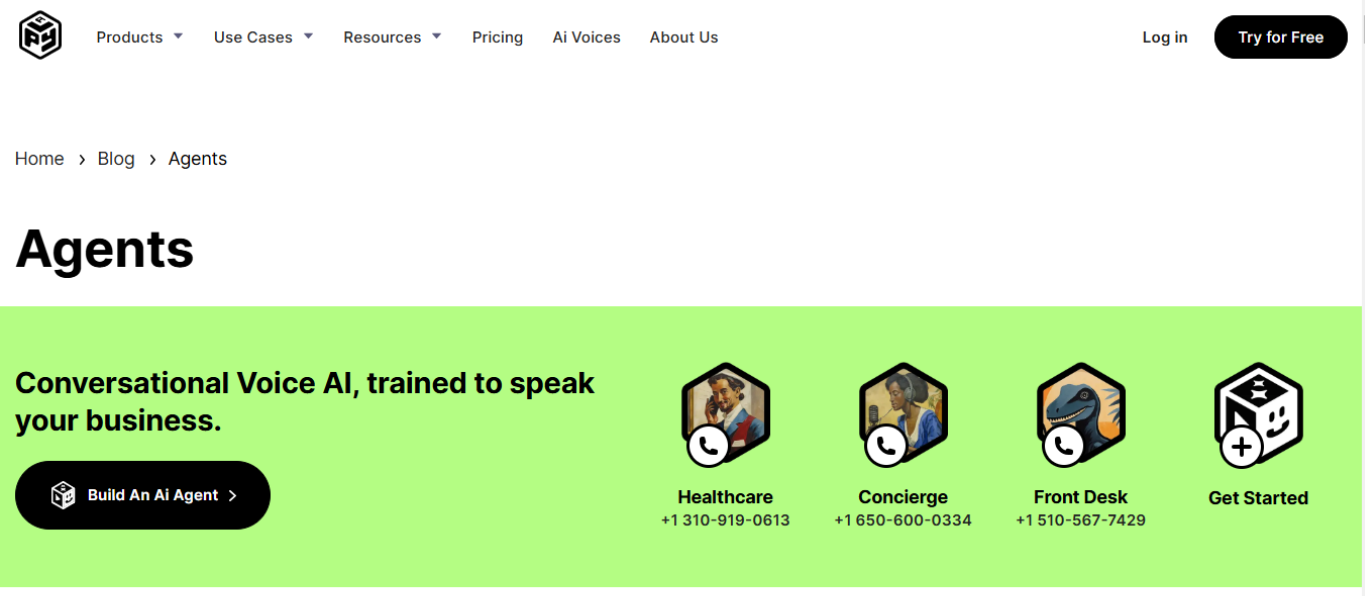
PlayHT provides industry-specific AI voice agent templates, tailored for sectors such as restaurants, hospitality, and healthcare, to facilitate conversations as adeptly as a human receptionist. These templates are engineered to efficiently manage tasks such as booking reservations, responding to guest inquiries, or scheduling patient appointments, maintaining the natural flow and responsiveness you would expect from a live operator.
Conclusion
As businesses increasingly prioritize enhancing customer experiences and streamlining operations, Conversational AI voice agents present a compelling solution. These sophisticated tools integrate the latest AI technologies and natural language processing capabilities to transform customer interactions across numerous sectors. For those considering this technology, the Speechify Text to Speech API emerges as a superior choice for developing these AI-driven agents, ensuring high-quality, natural voice outputs that can dramatically enrich user interaction. With Speechify, you gain access to a wide range of lifelike voices and the flexibility to customize speech patterns, making your conversational AI as engaging and effective as possible so you can provide omnichannel support to your clients.
FAQ
What’s the difference between conversational AI and self-service voice bots?
Conversational AI engages in dynamic, two-way interactions using natural language processing, whereas self-service voice bots typically handle more straightforward, scripted tasks.
How can conversational AI help call center optimization?
Conversational AI can streamline call center operations by automating routine inquiries, allowing human agents to focus on more complex issues.
What are the best enterprise-grade conversational AI agents?
You can create the best enterprise-grade conversational AI agents with Speechify Text to Speech API.
How can an AI agent assist my business?
An AI agent can assist your business by automating customer service, reducing response times, and handling high volumes of queries efficiently.
What is the difference between conversational AI agents and IVR?
Conversational AI agents offer dynamic, natural language interactions, whereas Interactive Voice Response (IVR) systems navigate through menu-driven choices. Speechify’s API can make both sound more engaging and human-like.
How do you build a voice agent?
To build a voice agent, you define its roles, script the dialogues, integrate natural language understanding and processing capabilities, and utilize Speechify Text to Speech API for realistic voice output.
What is the most realistic AI voice?
The most realistic AI voices are offered through Speechify Text to Speech API, which provides a range of voices that are expressive, clear, and highly customizable to fit any context or interaction style.

